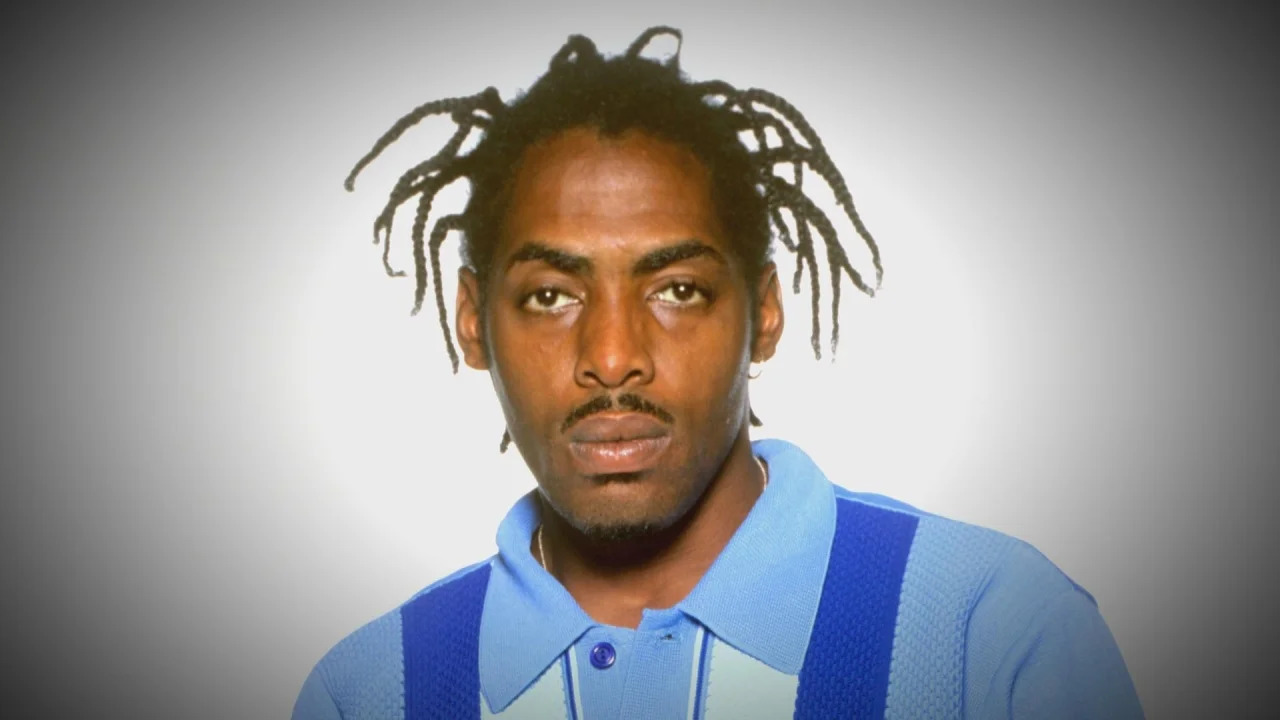On September 28, 2022, Coolio’s heart stopped. His sudden death stunned fans, peers, and the public. Coolio left behind one of the most unique musical legacies of his generation — an ordinary guy from Compton who rose through the ranks of the music industry and made a name for himself.
His music spoke both to serious issues and the light-hearted sides of life in his city. When commentators discuss the West Coast’s commercial takeover in the early to mid-1990s, they often focus on Death Row Records and artists like 2Pac and Ice Cube. But Coolio’s contribution was just as critical, thanks to his unique approach and star power.
As a kid, Artis Leon Ivey Jr. (Coolio’s real name) was a nerd — until his parents divorced when he was 11. He then gained a reputation as a tough kid, joined the Crips, and was expelled from school. Music changed his path. He won a rap contest as “Coolio Iglesias” and later dropped the last name.
His breakout came with “Watcha Gonna Do” in the late ’80s, though he struggled with drug addiction. After getting clean, he released “You’re Gonna Miss Me” and joined W.C. and the Maad Circle, rising in the L.A. hardcore rap scene. He featured on Ice Cube’s 1991 album and signed as a solo artist to Tommy Boy, launching his platinum career.
Coolio’s humor was well-known, but his lyrics often tackled tough realities. Even “Fantastic Voyage,” a 1994 hit, masked a grim escape behind a party beat. His debut album It Takes a Thief went platinum, and he became a West Coast figurehead shown regularly on MTV.
Throughout the ’90s, Coolio appeared on sitcoms, scored the Kenan & Kel theme, and took roles in cult films. He bridged the gap between pop rap and gangsta rap effortlessly.
In 1995, “Gangsta’s Paradise” became his defining song. Unlike his other work, it was dark and serious, built on Stevie Wonder’s “Pastime Paradise” and performed with L.V. The song topped Billboard and earned Coolio a Grammy. Stevie initially refused to clear the sample but relented under one condition: no profanity.
“Gangsta’s Paradise” featured in Dangerous Minds and became a cultural landmark. Though Coolio initially opposed Weird Al’s parody Amish Paradise, he later admitted he was wrong and made peace with it.
The album Gangsta’s Paradise went double platinum. Hits like “1, 2, 3, 4 (Sumpin’ New),” “Too Hot,” and “It’s All The Way Live (Now)” followed, along with his collaboration on “Hit ’Em High” for Space Jam.
Coolio’s blend of charisma, realism, and good vibes made him one of the most recognizable figures in ’90s rap. He kept acting into the 2000s, appearing in Black Jesus and the thriller Red Water. Lou Diamond Phillips, his co-star, paid tribute after his passing.
Coolio didn’t fit neatly into categories. He was gangsta and pop, serious and funny — and above all, authentic. As rap turned darker in the late ’90s, Coolio’s unique balance was something we all needed.
Recommended:
Watch Coolio, L.V., and Stevie Wonder perform “Gangsta’s Paradise” live at the 1995 Billboard Awards.


